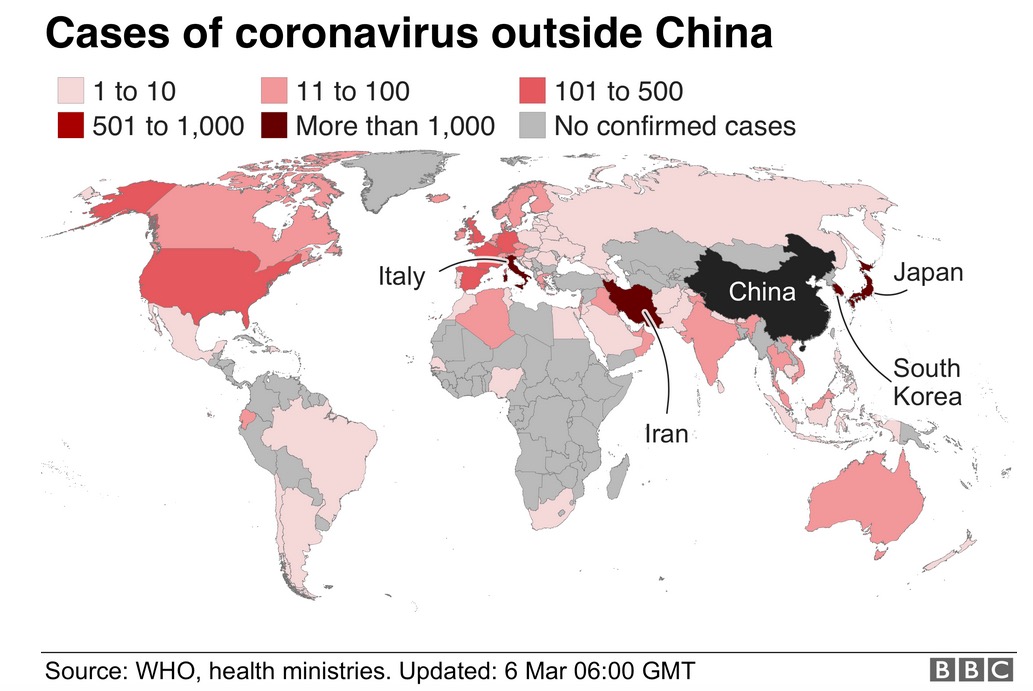 Most people may need counseling especially these days due to the Covid-19 outbreak. Including me. One-third of the people suffering from brain injuries, like mine, develop major depression. Depression may be precipitated by genetics, circumstances, illnesses or unforeseeable and uncontrollable events. For example, the current world pandemic affects our mental health in ways we could never have imagined.
Most people may need counseling especially these days due to the Covid-19 outbreak. Including me. One-third of the people suffering from brain injuries, like mine, develop major depression. Depression may be precipitated by genetics, circumstances, illnesses or unforeseeable and uncontrollable events. For example, the current world pandemic affects our mental health in ways we could never have imagined.
Anxiety, too, is at an all time high worldwide. We are scared of going to school and work and contracting Covid-19, or staying home for safety and falling behind. We fear our ability to pay mortgages, medical bills, rents. We worry about losing our homes, our businesses, our loved ones, about finding jobs or keeping jobs.
We are cracking up.
US cases of depression tripled from 8.5% before Covid to 27.8% now.
One in three people in the States are anxious or depressed.
Statistics in Switzerland, rated the top place in world to live for the quality of life, are alarming. Adults suffering from mental health issues before Covid were 3% and that number climbed to 18% in November 2020. Today, one out three people under the age of 24 suffer from depression or anxiety.
“The person who needs help is often times the last to realize it,” says my husband who encouraged me to get professional help after my accident and brain surgery.
If you know someone who is struggling encourage them to seek help or even better help them find it.
A good therapist can’t give you the magic solution, but they can help you find coping strategies and the right tools to move forward. They can help YOU create an action plan and locate resources — the right medications, support groups, community services or books to read to help you. They can motivate, cheerlead, validate your feelings, listen without judging, and help restore hope.
But the first step is admitting you need assistance. We never waver when we need to seek medical health for broken bones, cancer, or illness, but we balk when it comes to caring for our mental health. There is a stigma to admitting your brain is suffering, but like any of the organ can go haywire.
Would it encourage you to take action if you knew that nine people in my hard-working, high-functioning, “normal” family have at one time or other sought professional mental health care in the form of a psychiatric, psychologist or counselor? None of us are crazy.
The cause of mental illnesses are varied as the kinds. They can be caused by brain disease, genetics, chemical imbalances, injuries, PTSD, CBT (i.e.getting one’s bells rung one too many times on the football fields, hockey rings, soccer pitches.)
But due to Covid-19, no time in modern history have the levels of depression and anxiety been greater.
“The distress in the pandemic probably stems from people’s limited social interactions, tensions among families in lockdown together and fear of illness,” says psychiatrist Marcella Rietschel at the Central Institute for Mental Health in Mannheim, Germany.
The finding that women are more likely to experience psychological distress than men is consistent with other global studies that have shown that anxiety and depression are more common in women.
“The lower social status of women and less preferential access to healthcare compared to men could potentially be responsible for the exaggerated adverse psycho-social impact on women,” the researchers suggest.
Mental health professionals can help, but the work must be done by the individual.
Here is some steps that helped me:
- Walk. Go outside. Be in nature.
- Call a mom, daughter, sister, friend, another female.
- Make a to do list. Set a goal. Start a project.
- Declutter one shelf, one drawer, one cupboard.
- Make that difficult decision to seek professional help, many provide services on line through Syke or on the phone.
- Escape - watch Netflix. Read fiction. Look at old photographs.
- Learn something new.
- Share your story.
End the stigma. Stop suffering in silence.



 As Covid rises around the globe, and holiday plans are derailed again, we wonder when we will be reunited with loved ones, but for expats living abroad, the pain of separation is magnified by distance. I ache to be with my family so much it feels like a limb is missing.
As Covid rises around the globe, and holiday plans are derailed again, we wonder when we will be reunited with loved ones, but for expats living abroad, the pain of separation is magnified by distance. I ache to be with my family so much it feels like a limb is missing.





 In Switzerland when we first heard reports of the coronavirus in China, we only half listened, but when our neighbor Italy announced outbreaks, we were all ears.
In Switzerland when we first heard reports of the coronavirus in China, we only half listened, but when our neighbor Italy announced outbreaks, we were all ears.
 His book,
His book, 